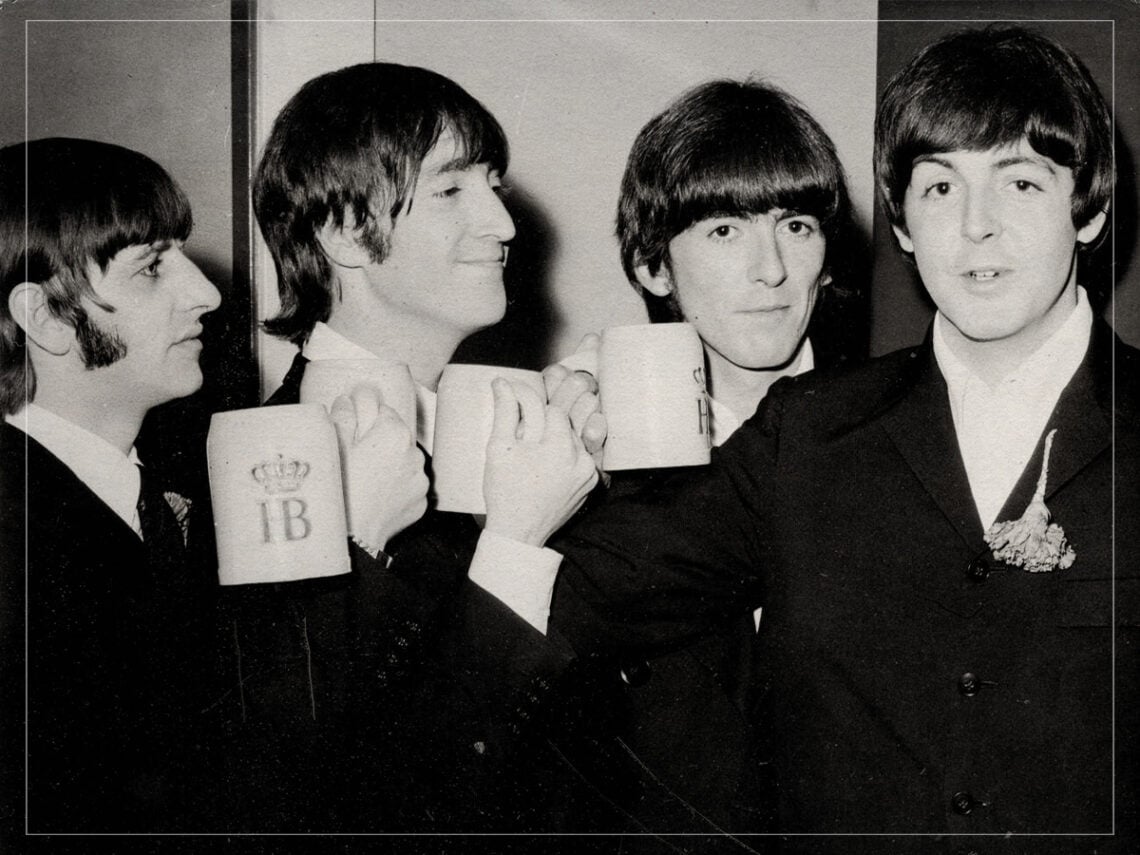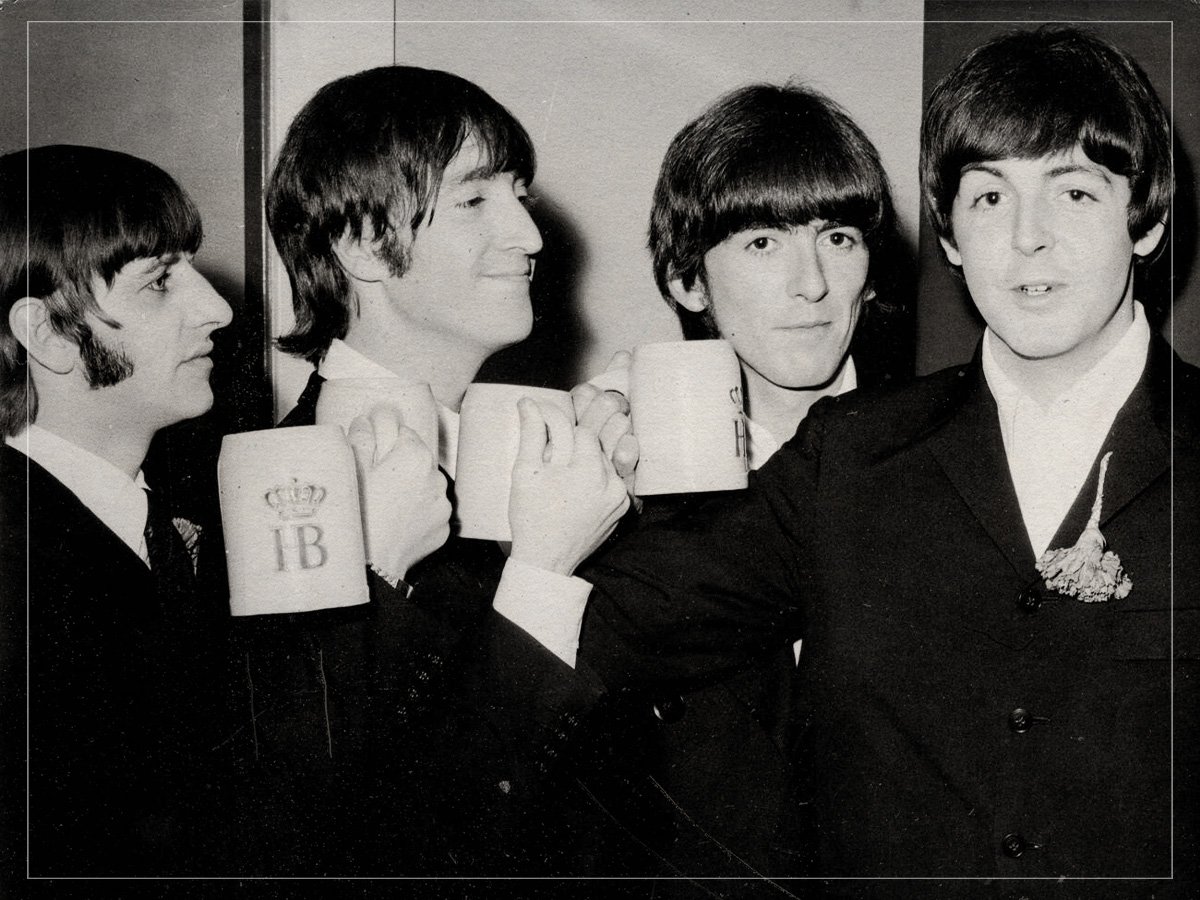
(Credits: Far Out / Alamy)
Sun 28 September 2025 19:30, UK
Touring the world is the glamorous dream of any young rock and roll band honing their craft in the dingy underground clubs of Liverpool, but, as The Beatles soon found out, that glamorous life on the road wasn’t all it was cracked up to be.
Looking back at The Beatles’ career as a touring band, it comes as no real surprise that they decided to resign themselves to a recording studio indefinitely, back in 1966. If they weren’t being heckled by sailors and gangsters in Hamburg, they were being drowned out by screams at the Bradford Gaumont. As the band continued to exert their dominance of global pop music, though, their touring life became increasingly sinister and unexpectedly dangerous.
Nothing reflected the pandemonium surrounding the Fab Four better than their world tour of 1966 – and it is no coincidence that they exiled themselves to Abbey Road Studios that very same year. During the hot summer months, The Beatles were set to take their revolutionary rock and roll to Germany, Japan, and the Philippines, but every step of that globe-spanning journey was marked by violence and treachery.
In their old stomping ground of Hamburg, for instance, “a lot of ghosts materialised out of the woodwork, as George Harrison once put it. Then, after touching down in Tokyo, the band received a plethora of death threats, leading to an overwhelming police presence and the not-wholly-unbelievable worry that snipers might have been placed in the crowd during their performances. As you can imagine, therefore, when the band finally arrived in the Philippines, they were beyond knackered.
Little did the ‘Mop Tops’ know, things were about to get much worse, thanks to the nation’s then-newly-elected – soon to become dictators – president, Ferdinand Marcos. The story goes that the band were invited to Malacañang Palace by First Lady, Imelda Marcos, but The Beatles themselves were totally unaware of this commitment.
Reportedly, Brain Epstein had already refused the invitation while in Japan, but that message hadn’t gotten back to Marcos, and the band watched themselves not arrive at the function from the comfort of their hotel rooms, much to the chagrin of the President and his wife.
After that apparent snubbing of Marcos, The Beatles suddenly became enemies of the Filipino state. So, after their concerts were through, the band were essentially chased out of Manilla, followed, assaulted, and intimidated by the country’s military police all the while.
In fact, Brian Epstein had to fork over the entirety of the band’s takings from the two concerts they played at the Rizal Memorial Football Stadium before the military presence on the runway would allow the band’s plane to take off.
“He tried to kill us, President Marcos,” George Harrison recalled years later, dubbing the dictator an “old twat” in the same breath. After that rather terrifying ordeal, usually reserved for political enemies of the state or invading armies, rather than a pop band from Merseyside, The Beatles understandably decided never to return to the Philippines. In fact, after a North American tour that same year, they swore off touring altogether, both in an effort to dedicate themselves fully to studio work and, presumably, to avoid the rampancy of any more wannabe dictators in far-flung corners of the world.
Related Topics
The Far Out Beatles Newsletter
All the latest stories about The Beatles from the independent voice of culture.
Straight to your inbox.

